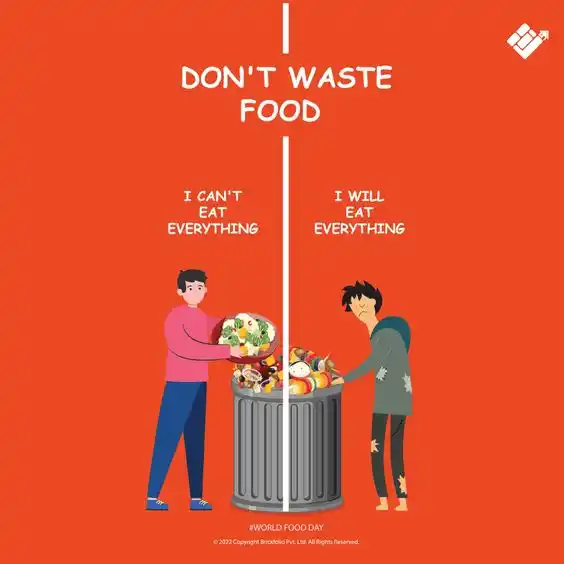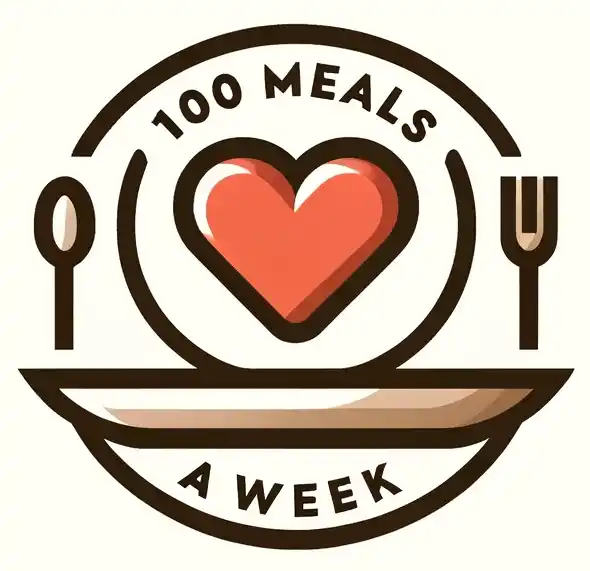Karina and Zeeshan Hayat on surplus food donation

Food waste is a growing concern globally, with staggering amounts of edible food ending up in landfills every day. In Canada, a recent study reveals that households are responsible for 47% of the country’s food waste. Astonishingly, nearly one-third of this wasted food could be recovered and redirected to support communities in need nationwide. This is not just an economic issue but a significant moral and environmental problem. Donating surplus food is an effective way to combat this issue, providing immense benefits to communities and the environment.
Addressing Hunger and Food Insecurity
One of the most pressing reasons to donate surplus food is to alleviate hunger and food insecurity. According to Feeding America, over 44 million people in the U.S. experience food insecurity, including 13 million children. These individuals often rely on food banks, shelters, and community soup kitchens to meet their daily nutritional needs. By donating excess food, businesses and households can provide vital support to these organizations, ensuring that surplus food reaches those who need it most.
Reducing Environmental Impact
Food waste has a significant environmental footprint. When food is discarded, all the resources used to produce, transport, and store it are also wasted. This includes water, energy, and labor. Moreover, when food decomposes in landfills, it produces methane, a greenhouse gas that is 25 times more potent than carbon dioxide. The Environmental Protection Agency (EPA) reports that food waste is the single largest component of landfills, contributing to 24% of methane emissions in the U.S. Donating surplus food helps reduce these emissions and conserves the resources involved in food production.
Strengthening Community Bonds
Food donation fosters a sense of community and solidarity. It encourages businesses, organizations, and individuals to work together towards a common goal of reducing hunger and waste. Community members who volunteer at food banks or organize food drives often experience a heightened sense of purpose and connection. These activities not only help those in need but also build stronger, more resilient communities.
Economic Benefits
While the primary motivation for food donation is often altruistic, there are also economic benefits. For businesses, donating surplus food can result in significant tax deductions. The Federal Enhanced Tax Deduction allows businesses to deduct up to 15% of their taxable income for food donations. This can make a substantial impact on a company’s bottom line. Additionally, reducing food waste can lower disposal costs and improve overall efficiency.
Practical Steps for Donating Surplus Food
Donating surplus food is surprisingly easy. Many communities have established food banks and hunger relief organizations that readily accept donations. There are also organizations dedicated to the welfare of homeless that rescue surplus food, like Greater vancouver food bank, 100 Meals a week, Muslim Food Bank etc., These organizations often have user-friendly websites or helplines where you can inquire about their donation process.
Reaching out to your local food bank or searching online for “[your city] surplus food donation” can connect you with the most suitable organization for your contribution. These organizations typically have the infrastructure and logistics in place to pick up surplus food efficiently, ensuring it reaches those who need it most.
Inspiring Stories of Impact
There are countless inspiring stories of how food donation has made a difference. For example, witnessing the struggles in Vancouver’s Downtown Eastside, Zeeshan and Karina Hayat began preparing food at home and delivering it with their kids to those in need.
Karina and Zeeshan Hayat also reached out to local grocery stores and restaurants for surplus food donations. This initiative led to businesses proactively contacting the couple to donate excess food, which would otherwise go to waste.
Their simple act of compassion sparked the creation of 100 Meals a Week, which has since provided over 250,000 meals and comprehensive care to vulnerable populations, inspiring hope and resilience.
Conclusion
Donating surplus food is a powerful way to address hunger, reduce environmental impact, and strengthen community bonds. It offers significant benefits for businesses, including tax deductions and reduced disposal costs. By taking practical steps to donate surplus food, we can make a meaningful difference in the lives of those in need and contribute to a more sustainable future. Let’s work together to ensure that no food goes to waste and every meal counts.
Do you have food at home that you’re throwing out? Take action today to avoid that.
